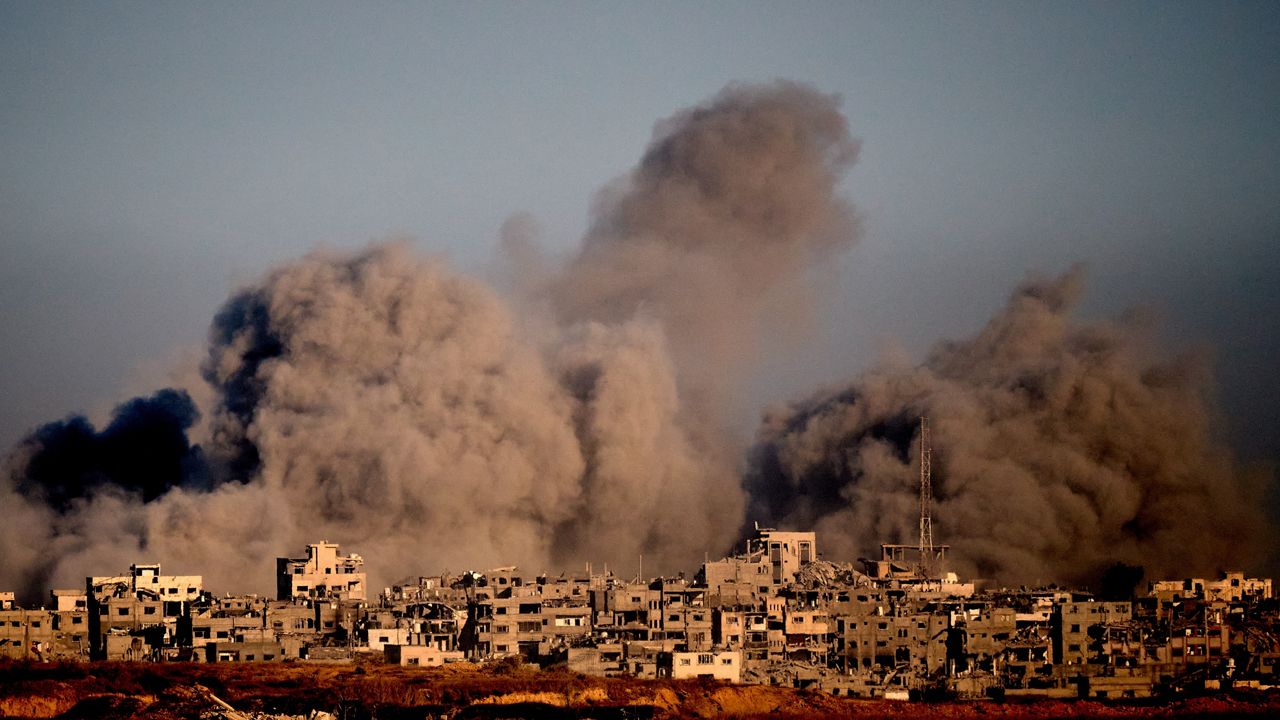“WE HAVE THE BODY BAGS READY.”
Though it was more than 25 years ago, I still feel the chill that ran through my body in a conference room in the wetlands of Northern California. I was a graduate student on a multi-university, interdisciplinary wetland restoration project team. We, a group of scientists from the south and west, had convened near one of our research sites, and a prominent plant biologist from Louisiana who spent her career researching the wetlands of New Orleans was presenting her work. It was four years prior to the devastation of Hurricane Katrina, when we were naïve to the harsh reality that the government, at all levels, could and would devastatingly fail the most vulnerable Americans during an unprecedented natural disaster, leaving human tragedy in its wake.
Recall that in New Orleans, in the face of the catastrophic hurricane assigned the name Katrina, it was the levee system that did not hold, that burst sending water gushing back into the Lower Ninth Ward and other impoverished areas. Our project team was exploring what happens to wetland ecosystems when levee systems like the one that broke (i.e., an elevated humanmade barrier or embankment constructed to stop the natural flow of water often to create dry developable land) breach naturally over time. During her presentation, four years before Katrina, the plant biologist said she knew with certainty that if a massive storm hit, the levee systems in New Orleans would not hold. Four years prior to Katrina, she urgently shared this information with government officials, warning them of the imminent threat particularly to poor, elderly, and Black residents if the levee system broke. But instead of taking action to bolster the failing system, she was told: “We have the body bags ready.”
Warnings ignored before the storm
What have we learned in the 20 years since Hurricane Katrina? Twenty years after the dehumanization of the Superdome, the false and racialized narratives conflating looting with survival, the gutting helicopter footage of primarily poor and Black Americans seeking refuge on sinking rooftops, the government, at local, state, and federal levels collectively left the most vulnerable communities to drown and then fight for their lives on their own.
Surely, we’ve made advances since 2005 to increase disaster response. We certainly have. Yet it’s difficult to see that progress as the current federal administration systematically dismantles the upstanding science agencies designed to keep Americans safe. Innovations that include: advances in extreme weather modeling and forecasting, efficient warning systems, effective evacuation mechanisms, comprehensive disaster recovery plans and strategies. For example, the National Ocean and Atmospheric Administration (NOAA), an agency foundational to our knowledge and understanding of extreme weather events has been decimated and the experts that created and perfected hurricane modeling and tracking have been fired. Likewise, it is the knowledge of experts at the National Weather Service (also part of NOAA) used to issue timely severe weather watches and warnings. Further, these lifesaving warnings and evacuation orders, that allow people time to plan and escape are being silenced.

Just this summer Congress unconscionably voted to cancel funding for the Center for Public Broadcasting which supports the very public radio that broadcasts critical extreme weather information to impacted areas, especially in rural regions that may not have access to other information sources. Finally, the Federal Emergency Management Agency (FEMA), designed to help Americans navigate unexpected disasters that leave their lives in disarray was merged with the Department of Homeland Security and lacks leadership and expertise. We saw the consequences of these unconscionable elimination decisions that allowed incompetence and dysfunction to lead the response in Texas during the floods that took too many lives; urgent calls unanswered, critical funding inaccessible, emergency warning systems failed. The slice of human tragedy we witnessed in Texas is a warning of what is to come on much larger scales as climate change increases the likelihood and severity of extreme weather events. We must act now.
Reimagine, resist, stand together
What can we do? How do we maintain hope and possibility as publicly available climate data and tools are erased from federal websites, limiting the ability to make evidence-based decisions? As agencies like the National Science Foundation terminate grants that engage in climate science research because they “no longer effectuate agency priorities;” an experience I know too well, having lost my NSF Faculty Early Career Development Program (CAREER) award that supports science teachers and students as community-based climate action researchers.
What we do is we reimagine, we resist, we collectively stand up. For inspiration, I look to sources of bravery and determination in and outside of science including: Data scientists saving and archiving tools that the government has tried to erase, scientists at the National Institutes of Health and on, issuing powerful statements of ethics and solidarity; persistent Americans, especially in red states, who attend town halls demanding that politicians answer to them, their constituents; residents of Los Angeles peacefully marching in solidarity with their immigrant neighbors and in defiance of a president who they will not allow to mischaracterize them; artists who reject the attempted erasure of their creativity because U.S. history and politics, in its truth telling, isn’t supposed to be comfortable.
As a professor I see the young people across this nation fighting to be heard, demanding the future they desire and envisioning it into being. We must stand up for science because science can be used to keep us all safe, especially the most vulnerable among us. Now 20 years since Hurricane Katrina, we stand together as those who not just refuse to be silenced but who demand and reimagine anew.
About the author
Tammie Visintainer is an associate professor of science education at San Jose State University and former wetland/marine ecologist. Her research explores intersections of race, place, and climate justice. All opinions presented are her own.


